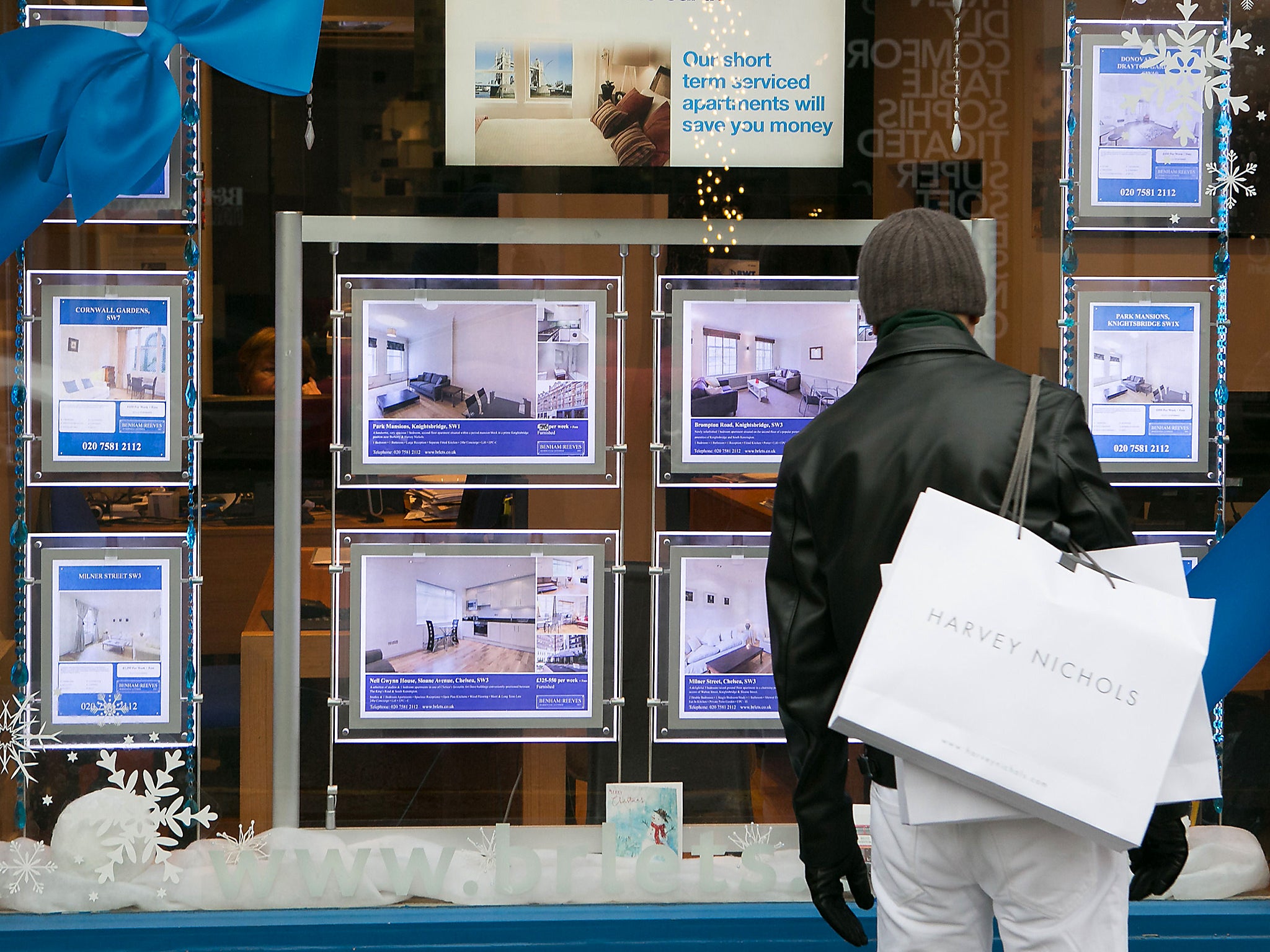UK housing market weakness set to continue in 2018, according to surveyors
The net balance for new buyer enquiries was in negative territory for the 11th consecutive month in February

The UK housing market’s 2018 sluggishness is set to continue despite the Government’s stamp duty cut, according to evidence from surveyors.
The Royal Institution of Chartered Surveyors (RICS) reports that the net balance for new buyer enquiries was in negative territory for the 11th consecutive month in February, indicating that more surveyors are seeing lower interest relative to those seeing a better picture.
The balance, which is seen as a decent guide to future activity, was -16 per cent, worsening from the -11 per cent reading in January.
Eleven months below zero
“This would appear to suggest that the Government’s attempt to breathe fresh life into the market through eliminating the stamp duty charge for most first-time buyers in the Budget is not having a significant impact on overall demand,” RICS said.
In November the Chancellor, Philip Hammond, abolished stamp duty for first-time buyers on homes costing less than £300,000, with reduced rates up to £500,000.
RICS’s latest price balance measure was also zero in February, pointing to little change in prices over the coming months.
As usual there was a marked regional divergence, with positive price balances for Wales, the North-west and the Midlands, but negative readings for London and the South-east.
Halifax reported on Wednesday that, nationally, average house prices fell 0.7 per cent in the quarter to February – the first decline since the 0.2 per cent contraction in May 2017.
Some analysts have argued that the Bank of England’s November rate rise, the first in a decade, is also adversely affecting the market.
Subscribe to Independent Premium to bookmark this article
Want to bookmark your favourite articles and stories to read or reference later? Start your Independent Premium subscription today.

Join our commenting forum
Join thought-provoking conversations, follow other Independent readers and see their replies